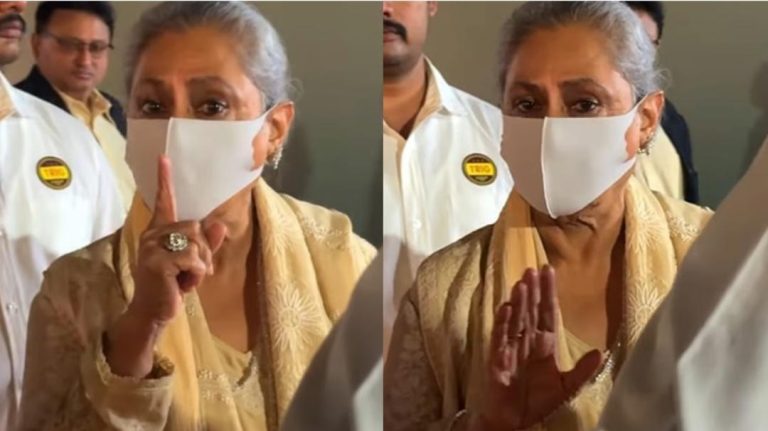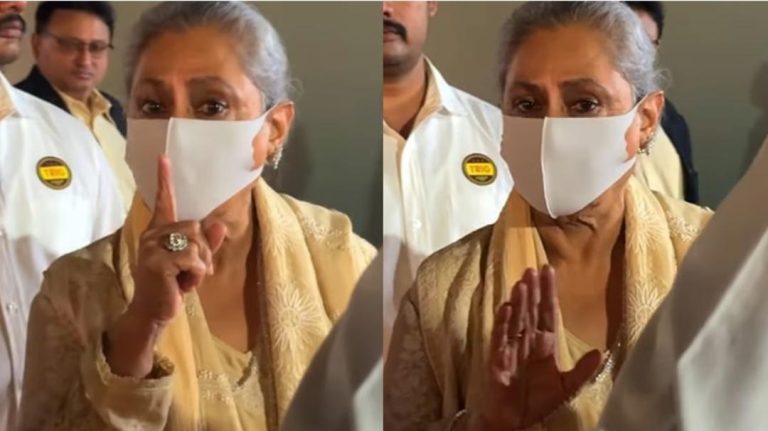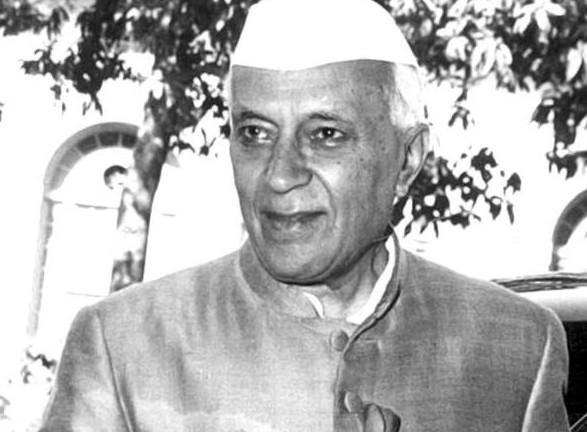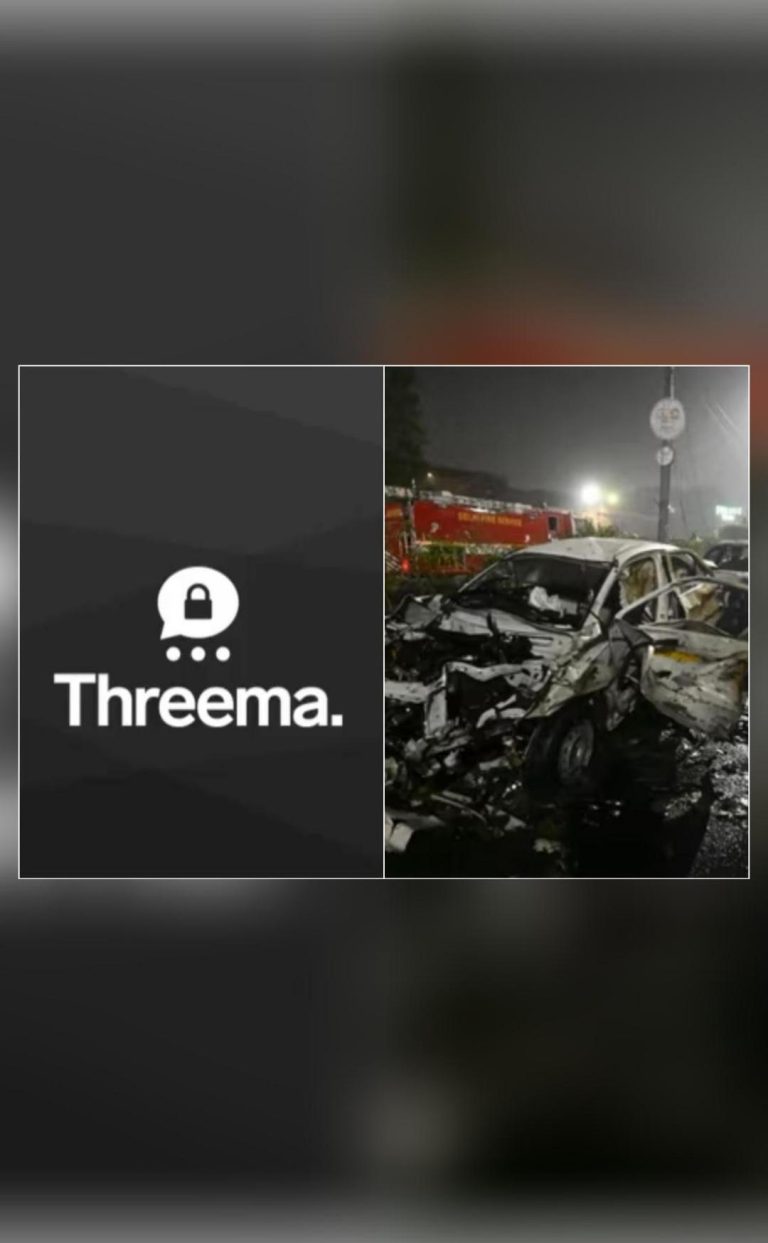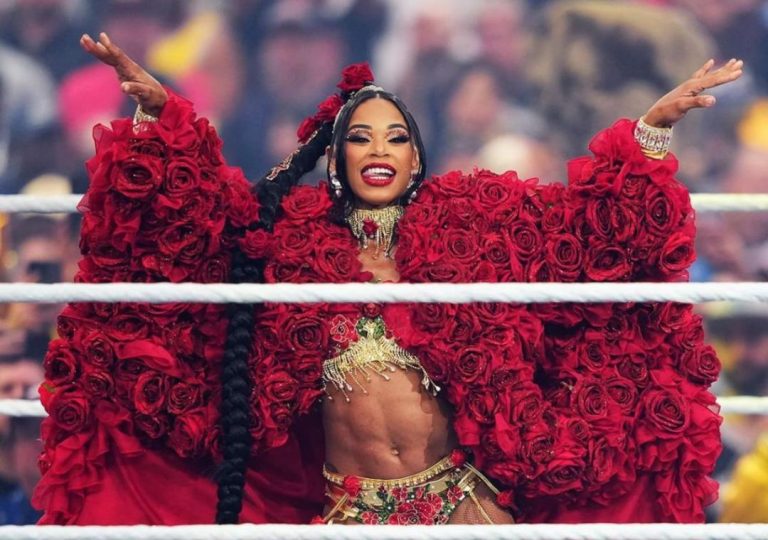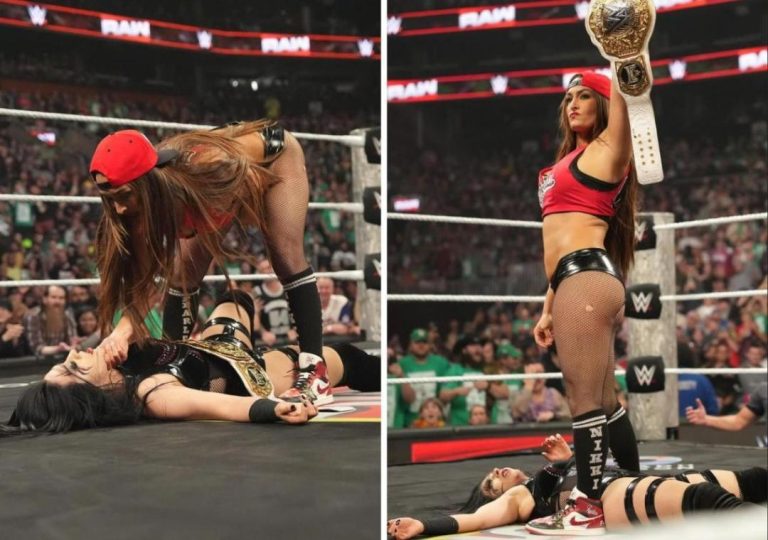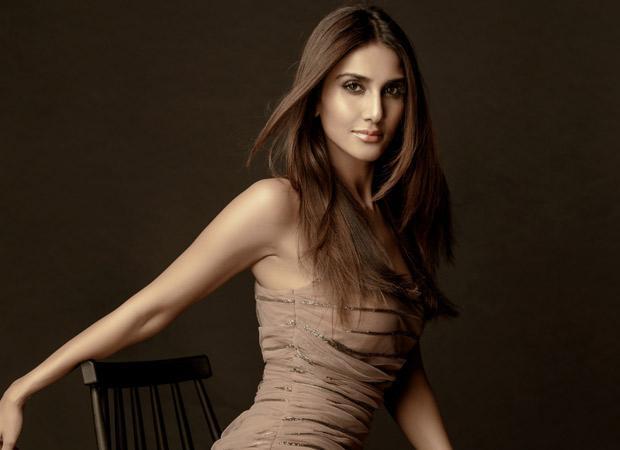
Don’t get volatile behaviour: Vaani on censorship & cancel culture
In today’s digital age, the lines between freedom of expression and censorship are often blurred. The recent ban on the release of ‘Abir Gulaal’ in India has sparked a debate on the impact of censorship on the creative industry. Bollywood actress Vaani Kapoor, who has been vocal about her opinions, recently shared her thoughts on the issue. In an interview, she expressed her concerns about the volatile nature of cancel culture and how it restricts artists’ freedom to explore new ideas.
Vaani’s statement, “This cancel culture, say one thing wrong, there are calls for cancel and boycott. I don’t get that volatile behaviour,” highlights the anxiety and uncertainty that artists face when dealing with the pressure of public opinion. Cancel culture, which has become increasingly prevalent on social media, can be a powerful force, with an entire industry or individual being boycotted or ostracized for a single perceived misstep.
However, Vaani is not alone in her concerns. Many artists and creators have spoken out about the stifling effect of cancel culture and its impact on their work. The constant threat of backlash and cancellation can be a significant burden, and it’s no wonder that many artists are hesitant to take risks or push boundaries in their work.
Vaani’s views on censorship are also noteworthy. She stated, “I’m not really into censorship. I think it sets boundaries for artists. Artists need to be able to express themselves and explore new ideas without being restricted by what’s considered ‘acceptable’.” This sentiment is echoed by many creatives, who believe that censorship can stifle innovation and creativity.
The issue of censorship is particularly relevant in India, where the government has been increasingly involved in regulating content. The ban on ‘Abir Gulaal’ is just one example of the country’s strict guidelines on content. The Central Board of Film Certification (CBFC) has been accused of being overly restrictive, with many films being cut or banned for perceived violations of moral standards.
Vaani’s comments come at a time when there is growing concern about the impact of censorship on the creative industry. The recent controversy surrounding the film ‘Article 15’ is a prime example of this. The film, which dealt with the sensitive topic of caste-based discrimination, was met with opposition from certain groups who felt that it was offensive. The backlash led to the film being banned in several states, and the director, Ayushmann Khurrana, faced online harassment and abuse.
The situation is not unique to India. The global entertainment industry is facing similar challenges, with many artists and creators being censored or canceled for their work. The recent controversy surrounding the film ‘Blade Runner 2049’ is a prime example of this. The film, which explored themes of artificial intelligence and humanity, was met with criticism from some who felt that it was too dark or too complex. The backlash led to the film being boycotted by some, and the director, Denis Villeneuve, faced online harassment and abuse.
So, what can be done to address the issue of censorship and cancel culture? Firstly, it’s essential to recognize that freedom of expression is a fundamental right, and artists should be allowed to explore new ideas and push boundaries without fear of backlash. Secondly, it’s crucial to promote a culture of respect and empathy, where criticism and dissent are encouraged, but not at the expense of personal safety or well-being.
Vaani’s comments serve as a reminder that the creative industry is not just about entertainment, but also about expression, creativity, and innovation. It’s essential that we as a society recognize the importance of artistic freedom and support artists who are willing to take risks and push boundaries.
In conclusion, Vaani’s statement on cancel culture and censorship highlights the need for a more nuanced and empathetic approach to the creative industry. By promoting a culture of respect and understanding, we can create an environment where artists feel empowered to express themselves freely, without fear of backlash or cancellation.
